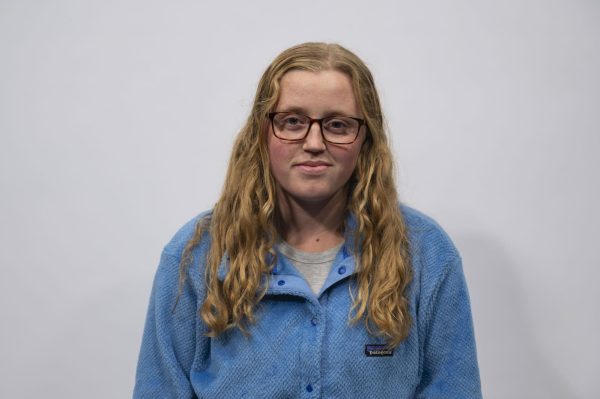For years, James Alan Fox has believed the media plays a big role in misrepresenting mass killings. Now, he works with some of the biggest news outlets in the nation to combat misinformation and inflammatory, exaggerated facts that often cause panic among the public.
Since 2012, Fox, a Northeastern professor in the College of Social Sciences and Humanities, has worked with USA Today and the Associated Press, or AP, to build and maintain the country’s most comprehensive and widely-cited mass killing database. The overarching goal of the project is to fight misinformation, which is not uncommon after mass killing events, and prevent the public from making fear-based decisions, Fox told The News.
“[The database] collects all sorts of data that other [databases] do not,” Fox said. “We do that to help prevent misinformation, to help the public understand the true data.”
The database has tracked mass killings, defined as an event in which four or more people are killed in a 24-hour window, in the United States since 2006, including public mass killings, family mass killings and felony and suspected felony mass killings.
In December 2012, the nation was shocked after a gunman killed 20 elementary-aged students and six adults at Sandy Hook Elementary School in Newtown, Connecticut. The event played a part in revitalizing the database and giving it a new direction, Fox said.
“That really got everyone’s attention — the first graders in a school, that was the first one that was really publicized,” Fox said.
Prior to Sandy Hook in the 1980s and ‘90s, there was a greater media focus on serial killings, Fox said. “With [Sandy Hook], there was a shift in focus to mass killings.”
It was after Sandy Hook, and the publicity that came with it, that Fox joined the team working on the database. Fox — who has been at Northeastern for 47 years — considers the database an “invaluable resource for both academics and the public.”
“There is so much more detail [in our database] — it gives a much bigger picture, which I think helps dispel fear,” Fox said. “It is a pretty complete database, easy to use for research. I have used it for research, students have used it for research.”
The database aims to provide a comprehensive and detailed account of mass killings to help policymakers and the public better understand the nature and patterns of mass killings, Fox said. By compiling extensive data, Fox and more than 20 others who contributed to the database are attempting to identify trends, risk factors and potential preventative measures related to mass killings, as well as work to dispel misinformation that is often published about mass killings.
Shawn Sullivan, a USA Today journalist and the primary contributor to analytics, database function and interactives, was one of the people who helped revitaltize the database in 2012.
“This is a very long-standing project, and I am only the latest torch bearer in keeping [the project] moving forward,” Sullivan said.
The mass killing database offers a significantly more in-depth analysis than other trackers and databases. Fox specifically is noted for having worked to systematically analyze and then record data on mass killings, including details about perpetrators, victims and circumstances surrounding each event. He received the Hugo Adam Bedau Award in 2007 and has been ranked 17th on the list of most influential people in criminal justice for the last 50 years.
Currently, Fox is the primary contributor to the database and works to analyze and organize data about mass killings from the day they occur all the way through the criminal justice system.
“We follow the whole process, from the first time it is reported about until the case closes,” Fox said. “I find it very important to gather as much information as possible and make sure that the database has as many different statistics as possible so that a full picture can be reported and people can fully understand the situation.”
Amy Farrell, director and professor of criminology and criminal justice and co-director of the Violence and Justice Research Lab, said the project is an invaluable resource to Northeastern students as well as the general public.
“One of the really important things about the work is getting a complete record about the [mass killings],” Farrell said. “Having systemic data and being able to provide more accurate data on [mass killings] to journalists and the public is our goal.”
Ultimately, its purpose always goes back to the reason the project was created: preventing the spread of misinformation. News organizations, including The Washington Post and USA Today, have begun to exclusively use Fox’s database for data on mass killings.
“Really, at its heart, this project is designed to be a public service,” Sullivan said.
The Huntington News is dedicated to serving the Northeastern University community with original, professional reporting and creating an environment in which student journalists can learn from one another. Support an independent, free press at Northeastern University with your donation today.












